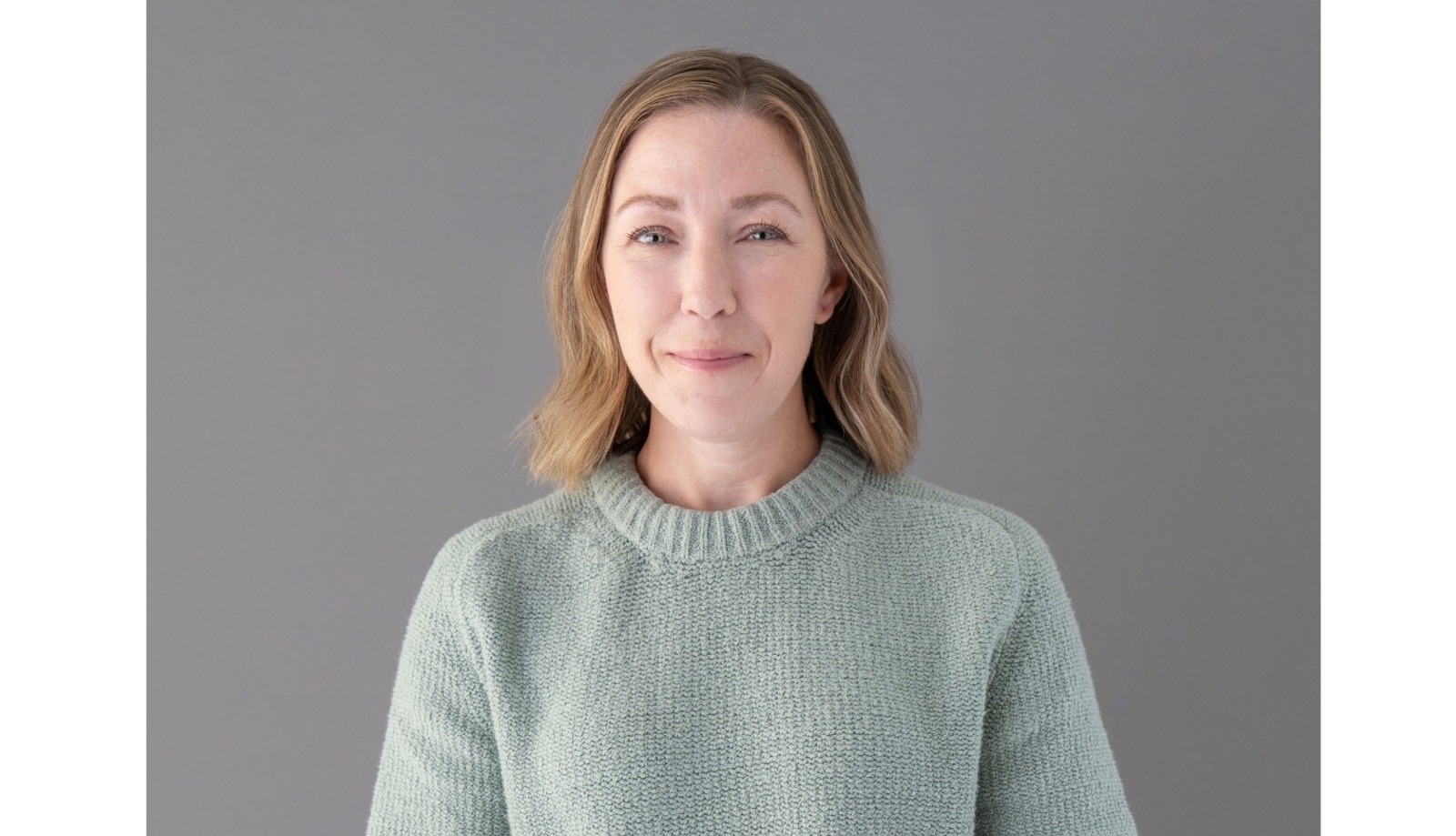A new brain scan technique may predict dementia risk and biological ageing early, offering a vital window for preventive action in midlife.
New MRI Scan Offers Early Insight Into Ageing and Dementia Risk
A revolutionary new brain scan could soon help identify dementia and age-related diseases long before symptoms emerge, researchers have revealed. Developed by a team of neuroscientists and psychologists, the tool uses a single MRI scan to measure how quickly an individual is biologically ageing — potentially forecasting future cognitive decline.
Study Suggests Scan Could Signal Issues Years in Advance
The research, published in the journal Nature Aging, demonstrates that the scan — known as DunedinPACE Neuroimaging (DunedinPACNI) — can detect signs of accelerated ageing that correlate with future dementia diagnoses, chronic illness, and increased mortality risk.
“This lets us glimpse into the biological pace of ageing while individuals are still healthy and in midlife,” said Professor Ahmad Hariri, a neuroscientist involved in the study. “What’s really striking is how closely brain age aligns with the risk of dementia, even years before symptoms appear.”
How the Tool Was Created and Tested
The algorithm behind the scan was developed using MRI data from over 1,000 individuals in New Zealand who have been tracked since birth as part of a decades-long health study. Participants were scanned at age 45, and researchers connected their brain images with later health outcomes — including blood pressure, cognitive performance, lung function, and cholesterol levels.
These data were used to build a “biological ageing clock” that was later validated on global samples, including populations in the UK and US.
Significant Risk Increase for Fast Agers
In follow-up studies of adults aged 52 to 89, individuals identified as “fast agers” using this scan were found to be:
- 60% more likely to develop dementia,
- 18% more likely to be diagnosed with a chronic disease, and
- 40% more likely to die within the study period compared to slower agers.
Brain shrinkage in key memory-related regions and lower performance on cognitive tests were also prevalent among the fast-ageing group.
Opportunities for Prevention and Lifestyle Change
While the results may appear concerning, researchers believe the technology could provide an invaluable window of opportunity. Detecting biological ageing early could allow individuals to make preventative lifestyle changes — including improved diet, exercise, and sleep habits — before cognitive decline sets in.
“This could be a critical tool in predicting Alzheimer’s and other dementias,” Prof. Hariri said. “More importantly, it might allow us to intervene while people are still healthy.”
Next Steps for Clinical Application
Though still in its early stages, the scan has potential to become a widely used diagnostic tool. Researchers hope that, with further development and clinical validation, it could eventually be offered as part of routine midlife health assessments to identify those at higher risk of cognitive decline and chronic disease.
The findings underscore a growing shift in medicine: from reactive care to proactive prevention, where health risks are addressed well before symptoms appear.


























